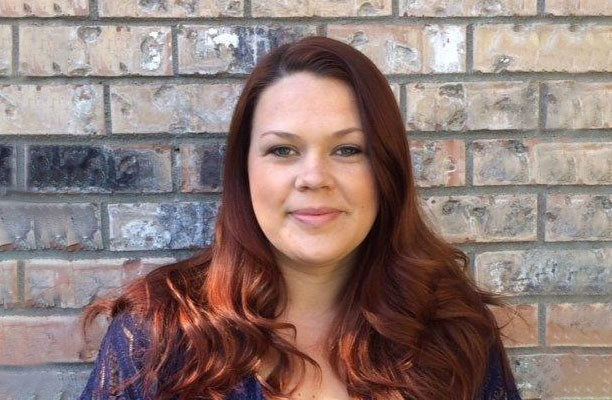
Krystle, a foster mother in Oregon, sent us a note requesting that we feature her family’s caseworker, Katie Bellah, as an Outstanding Caseworker. Krystle wrote:
“Katie not only cares about how we are doing as a foster family, but it is evident that the little one in our home is much more than a file on a desk for her. She cares deeply about him and the outcome of his life… We know Katie’s job is hard and often discouraging—but she is making a difference in the lives of kids and she is making foster parents’ jobs easier by showing support and concern.”
When we talked with Katie, we learned that she is a big fan of Krystle’s efforts to help children as well.
What did you do to make such an impression on this foster mother?
Krystle is a newer foster parent, I was her first caseworker. I know that the system we work within is very confusing for families. So when Krystle and I first started talking, I emphasized that there are no stupid questions, and she should feel confident asking me anything—and she did! At times we were emailing daily—about the progress of the child, and about the next steps for his mother, who was working hard to get him back.
Did Krystle’s foster son go home to his birth family?
Yes, after four months he went home to his mother. And Krystle’s efforts were a huge contributor to that outcome.
Can you talk more about how Krystle supported the reunification efforts?
Krystle was almost a mentor to the birth mother. She visited with her and offered her advice in a caring, non-threatening way. And she kept the boy and his mother connected. When his mother had to miss a visit, Krystle sent her information about her son—simple details about his daily activities and progress. This kept the mother involved and, I think, helped give her the motivation she needed to do the difficult work necessary to be a better parent.
How do you help foster parents like Krystle when children leave their home?
I try to help foster parents prepare for the possibility from day one. But really, when a mother like Krystle loves a child so hard, so unconditionally—which is exactly what most children and youth need—it is going to hurt and the parents are going to grieve the change. It is only natural.
It is important to remember that helping a child return home does not necessarily mean saying goodbye. In Krystle’s case, I know she plans to maintain a relationship with the boy and his birth mother.
This case sounds like a happy ending. How do you stay positive when cases are more difficult?
On tough days, being able to turn to my coworkers is critical. We are a great team and we support each other. You cannot be a lone wolf and do this job. And of course, the rewards of the work keep you going. It is incredible to see the changes that parents are able to make to get their children back—and gratifying to think that you played a part in their family’s success.